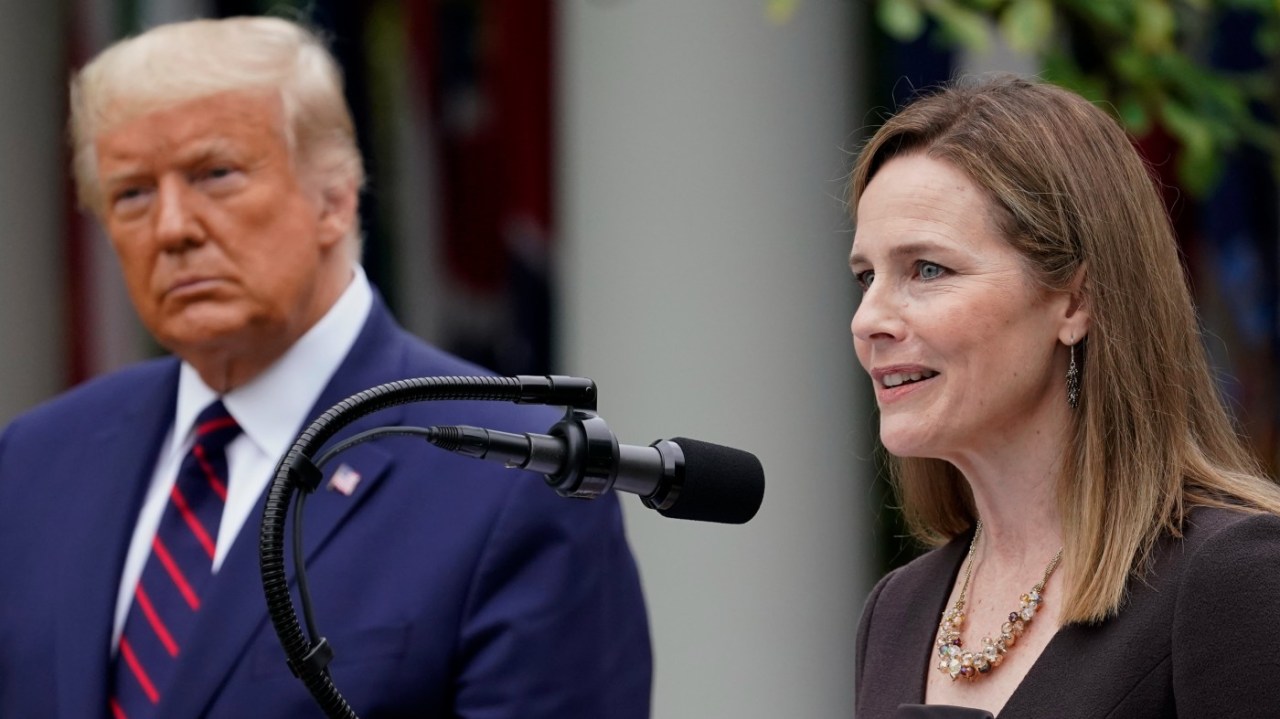Former President Trump pulled out an unanimous victory at the Supreme Court on Monday in his historic ballot ban case that invoked the 14th Amendment, but a 5-4 division among the justices emerged …

thehill.com
Again, they could have dissented... but they just wanted to reach a consensus/unanimous ruling so badly that they went with "concurring" opinions instead of dissents. They were focusing on the main result, which is Trump staying on the ballot and all the disqualifications in different states being disallowed. But in doing so, they let the majority actually create a new rule that they disagreed with, which is going to be completely dysfunctional and unusable going forward.
Consider that if Trump won, and then the Democrats got a majority in both houses in the midterms... a pretty feasible occurrence for the party that loses the Presidential election... the SCOTUS has explicitly ruled that only Congress can disqualify based on the 14th Amendment. So how that would work,
is they would have to pass legislation disqualifying him from office... which of course, as POTUS, he would veto... meaning they would have to get a 2/3 majority to override his veto...
the same 2/3 majority they couldn't get to convict/remove him in the Impeachment trial.
Another (of many) absurd implication(s) of this ruling... If for example the DOJ were to
charge and convict Trump of insurrection in federal Court, the Federal Court would not be able to disqualify him from office, because now the SCOTUS has ruled that
only Congress can do so. So even being
convicted of insurrection wouldn't be sufficient to disqualify someone.

Oh the US is not going to do civil war. Good for you there.
I don't think that SCOTUS disqualifying Trump would have started a Civil War, especially if they disqualified him
right now. The more explosive issue would be Congress acting to disqualify him
after he won the election
. I do suspect that if Trump loses this election, we are going to have another insurrection, although it might not be at the US Capitol building again.


